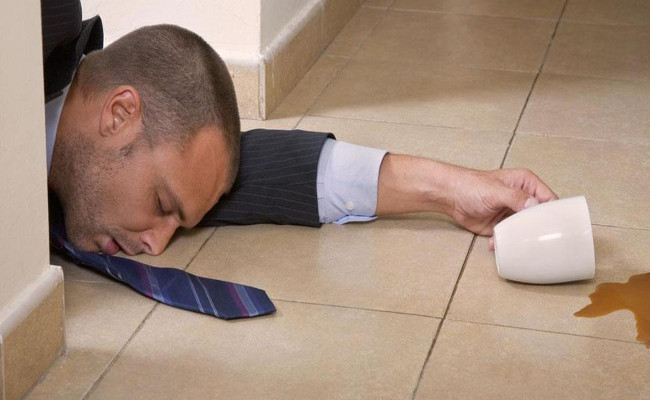OTC Drug Addiction. Data from treatment centres in the United Kingdom has shown that rehab admissions for pain killer abuse has risen by over 17 per cent in just 2 years.
New research coming out of the UK has revealed that over-the-counter medicine use and addiction has become much more prevalent. Admissions to one of the top rehab centres in the UK, UK Addiction Treatment, (UKAT) for OTC’s and prescription medication has increased by 22%. They claim that this is because people are unaware of what the warning signs are.
Data released by UKAT shows that over the last 2 years across their 6 treatment centres, admissions for prescribed benzo’s and painkillers has increased by 17%. At this current rate it is likely that admissions for drug abuse and alcohol will be overtaken.
Therapists at the centre have been calling on the government to better implement education systems that explain the dangers that over-the-counter and prescription medication abuse. They have warned that people are unaware of the risks of OTC Drug Addiction and that situation at large is very real.
In just the last 6 months, 48 people have been admitted to UKAT centres for the treatment of Codeine and Benzodiazepine addiction. This is compared to only 26 people being admitted for cannabis abuse and 17 people for gambling addictions.
Cross-addiction like cocaine and alcohol abuse represents 64% of all addictions to the centres.
So out of a total of 140 people that UKAT admits each month, 6% of these are admitted for prescription or OTC addiction.
When receiving treatment, it can often take an addict of pharmaceutical drugs around 4-6 weeks to get clean. This is generally a longer time than it takes for most heroin addicts to come clean when at rehab. This is due to the fact that there are often horrible side effects that need to be contended with.
OTC Drug Addiction.
Often, when a doctor stops prescribing these medications, an addict will try any means necessary to get their next hit. Most often these types of medications can be easily bought on the web.
The price is also a big factor in the reason people are becoming addicted to prescription and OTC medications. The street price of a Valium tablet is less than £1, yet a 0.1g bag of the much harder drug, heroin, can cost 10x that at £10 per hit.
However, due to the strength of Valium and other prescribed drugs, people’s tolerance can increase much faster than those who take hard drugs and this can result in OTC Drug Addiction and overuse.
Many people consider that they are not an addict if the drug has been prescribed or they can purchase at their local pharmacy. UKAT claims that people are often admitted to their centres without even realizing that they are an addict.
Most addicts are forced into continuing to take these medications purely to cope with the side-effects that occur when stopping suddenly or going cold turkey.
Eytan Alexander, founder of UK Addiction Treatment Centres stated “It’s currently a hugely vicious cycle but, with support from the newly-elected Government, one that we can break with better education, advice and support.”














